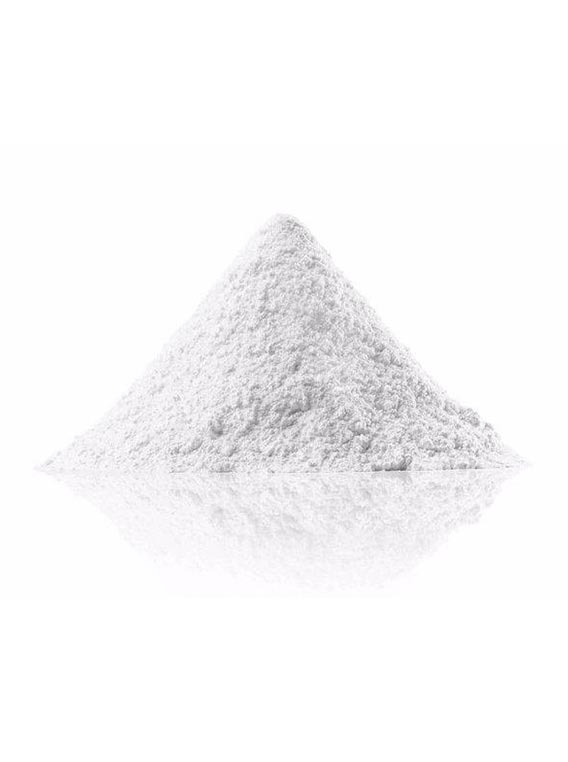Description
DPT Powder (Dipropyltryptamine) – High-Purity Tryptamine for Advanced Research
DPT Powder is a high-grade form of Dipropyltryptamine, a synthetic tryptamine compound of interest to researchers in the fields of neurochemistry, psychopharmacology, and behavioral science. Offered in a finely milled, easy-to-handle powder, DPT from primechemicalseu.com is available in bulk quantities with verified purity exceeding 98%.
What Researchers Need in DPT Powder
Chemical users and lab researchers expect the following when sourcing DPT: DPT Powder research chemical
-
Reliable purity and consistency for replicable results
-
Stability and long shelf life in storage
-
High solubility for analytical and experimental processes
-
Flexible dosing for custom concentrations or synthetic pathways
-
Bulk availability for large-scale or multi-phase studies
Applications of DPT Powder
DPT Powder has wide-ranging use in modern laboratory research. While not approved for human consumption, it remains valuable in the following scientific domains:
-
Neuropharmacological modeling: Study of serotonergic receptor agonism, similar to DMT and other tryptamines
-
Psychedelic response mapping: Investigations into altered cognitive states and behavioral response in vitro and in vivo
-
Synthetic pathway research: Used as a structural analog in tryptamine-related compound development
-
Chemical solubility testing: Due to its molecular structure and fat-solubility profile
-
Toxicology and binding affinity studies: Evaluated for interaction with the 5-HT2A receptor system
Product Details
-
Chemical Name: Dipropyltryptamine (DPT)
-
CAS Number: 61-52-9
-
Molecular Formula: C16H26N2
-
Molar Mass: 246.39 g/mol
-
Form: Fine crystalline powder
-
Purity: ≥98%
-
Packaging: Sealed laboratory-grade containers (bulk available)
-
Storage: Keep in a cool, dry environment, away from light and moisture. DPT Powder research chemical
Safety & Handling Information
-
Not intended for human consumption
-
Use appropriate PPE including gloves and goggles during handling
-
Avoid inhalation and contact with skin
-
Dispose of any unused material in accordance with local environmental safety regulations
-
Always consult your institution’s MSDS (Material Safety Data Sheet)

